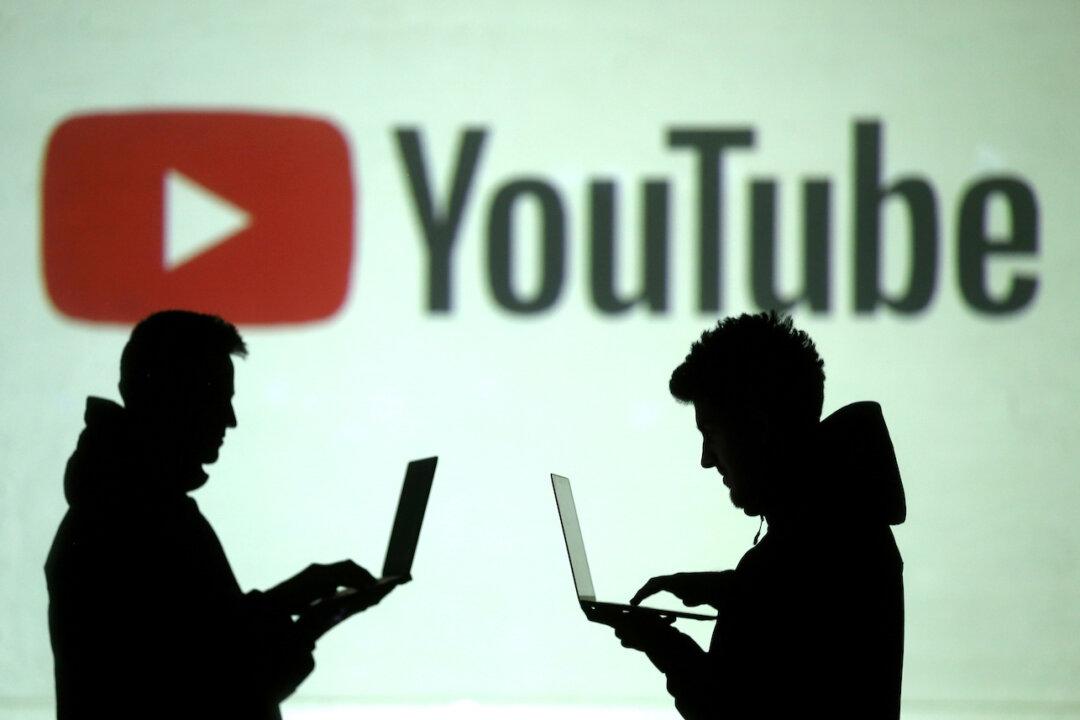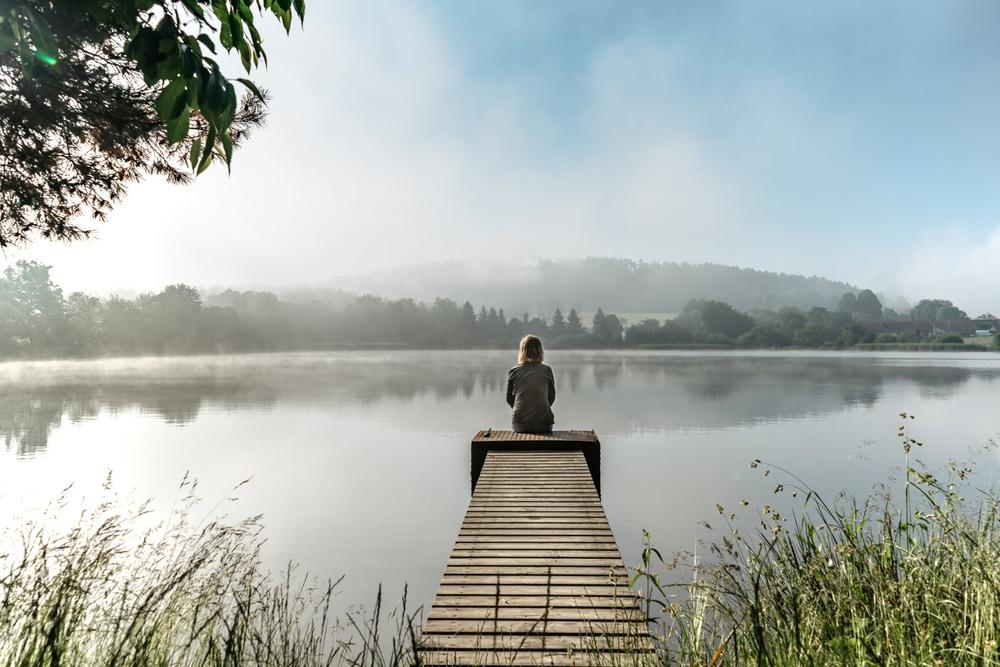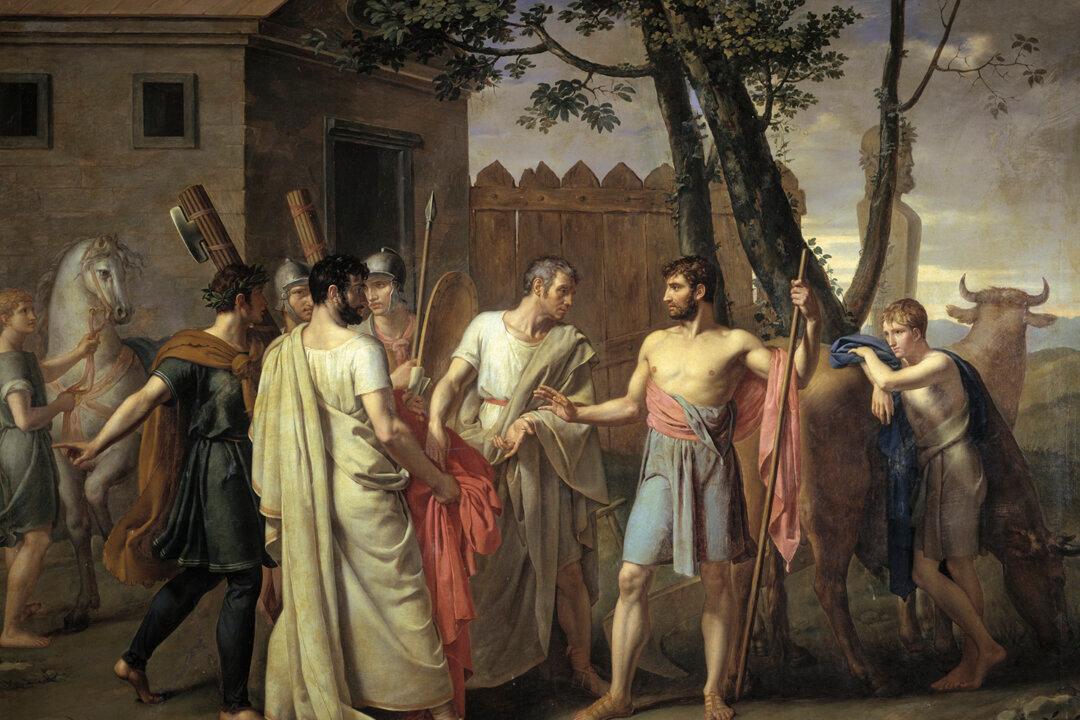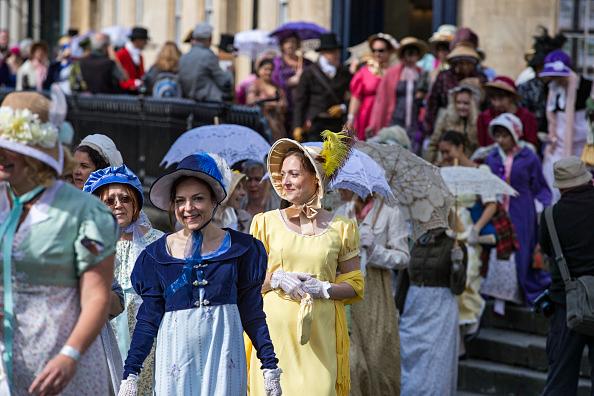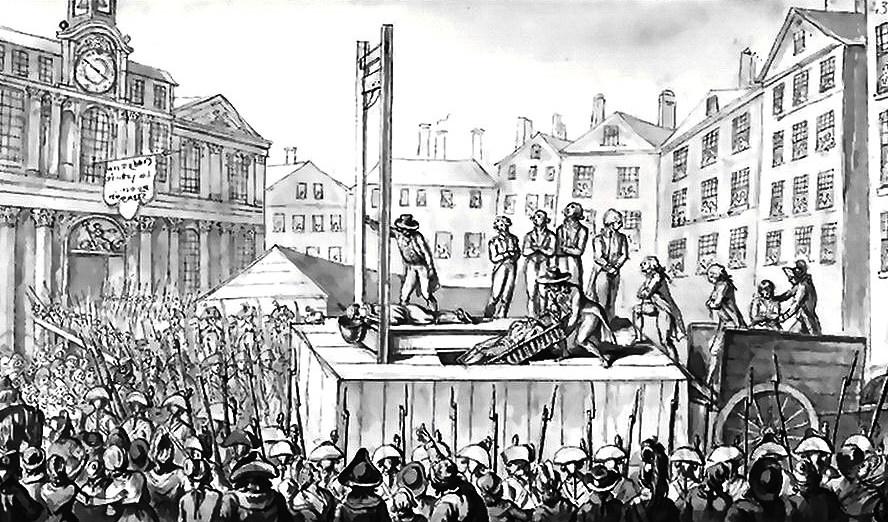Commentary
Do you remember the “Life of Julia,” the campaign ad the Obama administration put out in 2012? It was a mix of consolation and creepiness. A girl named Julia is portrayed at several stages of her life; in every stage, the government is taking care of her—and at pretty much each stage, that’s it, no one but Julia and Big Mother watching over her. There are two complementary objections to this vision: the overwhelming government involvement for one, and the profound loneliness, the lack of other relationships, such as mother, brother, or God.
